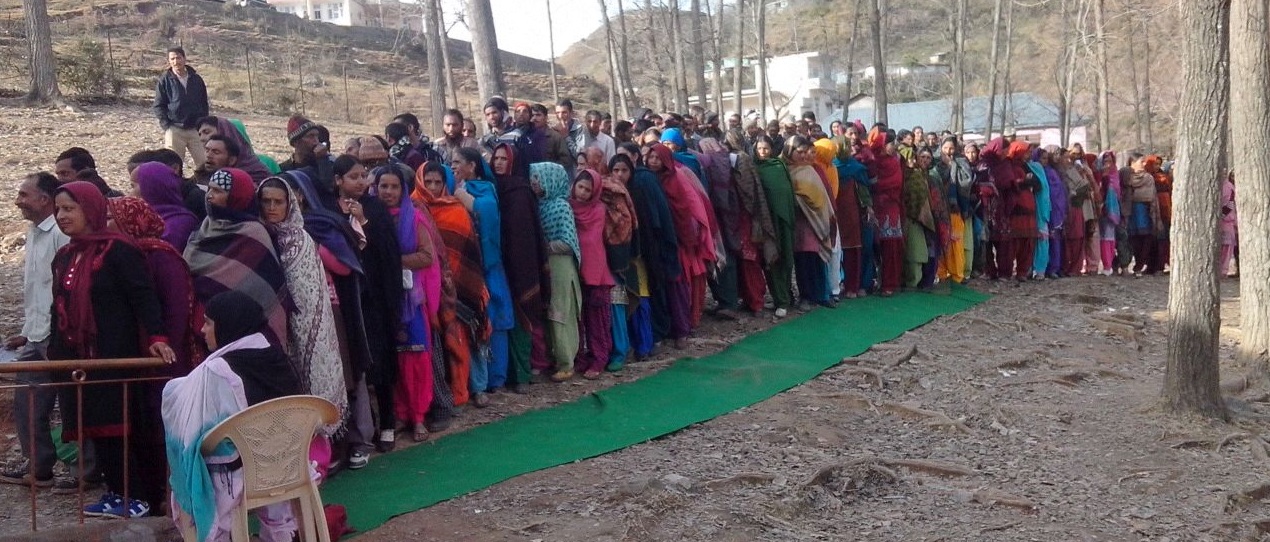KL Report
Srinagar
Amnesty International, a world known human rights organization has demanded the president of India to accept the mercy plea of 14 prisoners who are waiting for death sentence including Afzal Guru.
G Ananthapadmanabhan, chief executive Amnesty International in an open letter to the president demanded the abolishment of the death penalty and instead commute all death sentences to terms of imprisonment.
“I am writing on behalf of Amnesty International regarding the recent resumption of executions in India after eight years, to urge the Indian authorities to immediately establish a moratorium on executions with a view to abolishing the death penalty”, G Ananthapadmanabhan said in the letter.
AI has shown their concern for the nine petitions waiting for mercy of 14 individuals, including Mohammad Afzal Guru, that have been sent to the Ministry of Home Affairs for consideration for a second time. AI is reminding the Indian Home minister of his remarks that he will review the petitions before him after the end of the winter session of Parliament.
“One of these petitions concerns Mohammad Afzal Guru who was sentenced to death for his involvement in the 2001 Parliament attack. Mohammad Afzal Guru was tried by a special court under the Prevention of Terrorism Act”, G Ananthapadmanabhan said. He further adds that Amnesty International has found that these trials did not conform with India’s obligations under international human rights law.
AI wish the Indian democracy should abolish the practice of giving death penalties and they opposes the death penalty in all cases without exception, regardless of the nature or circumstances of the crime; guilt, innocence or other characteristics of the individual; or the method used by the state to carry out the execution. It opposes the death sentences as a violation of the right to life as recognized in the Universal Declaration of Human Rights and the ultimate cruel, inhuman and degrading punishment, reads the letter addressing President of India.
As per the international law, the desirability of the abolition of the death penalty has long been recognized in international law and standards. The International Covenant on Civil and Political Rights (ICCPR), to which India is a State Party and which allows for the use of the death penalty under certain circumstances, clearly states in Article 6.6 that no provision in Article 6 should be invoked “to delay or to prevent the abolition of capital punishment.” The UN Human Rights Committee, the expert body established under the ICCPR to monitor its implementation, has already said abolition is desirable.”
“As a state party to the ICCPR, India has a legal obligation to comply with the provisions of the treaty,” reads the letter.
Earlier AI had also written to the authorities in India not to execute Ajmal Kasab, convicted for the Mumbai attack. The letter reads by executing him, the Indian state has violated the internationally recognized right to life and has signaled a step away from the regional and global trends towards abolition of the death penalty.
AI in its letter while showing concerns have said transparency should be brought in the use of the giving death penalty as it is fundamental safeguards of due process that prevent the arbitrary deprivation of life.
It further reads, “Making information public with regard to legislation providing for the death penalty as well as its implementation allows for an assessment of whether fair trial and other international standards are being respected. In resolution 2005/59, adopted on 20 April 2005, the UN Commission on Human Rights called upon all states that still maintain the death penalty “to make available to the public information with regard to the imposition of the death penalty and to any scheduled execution”.”















